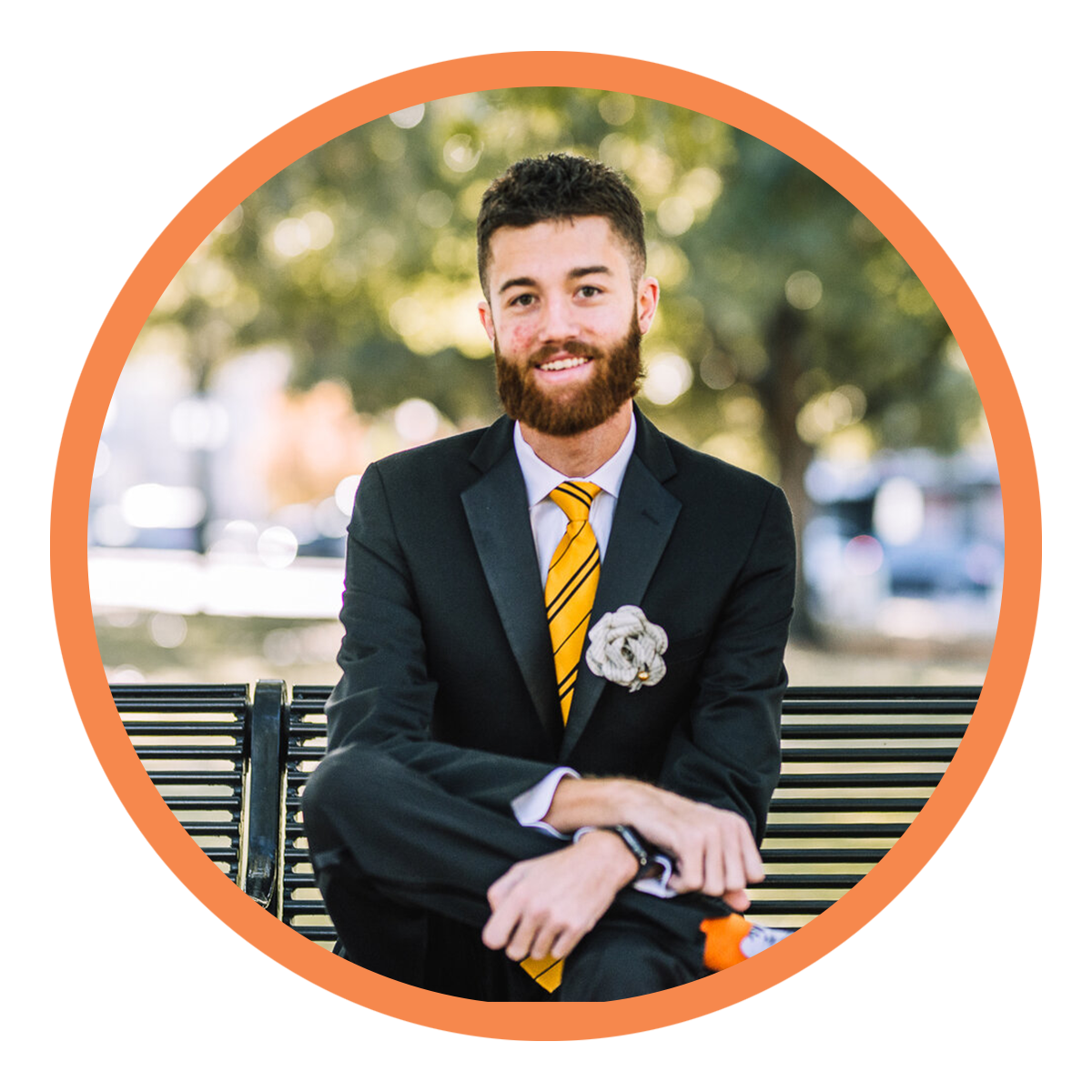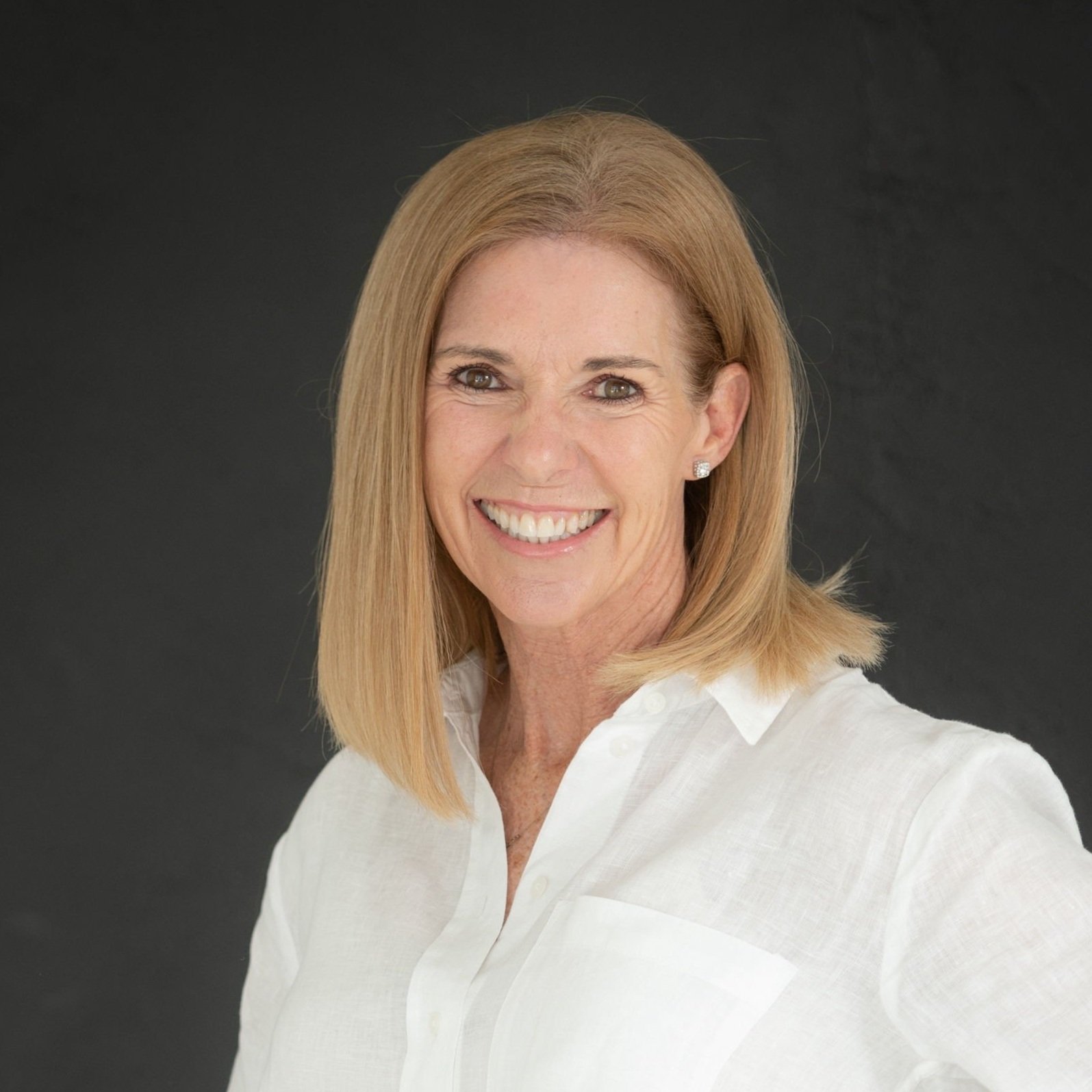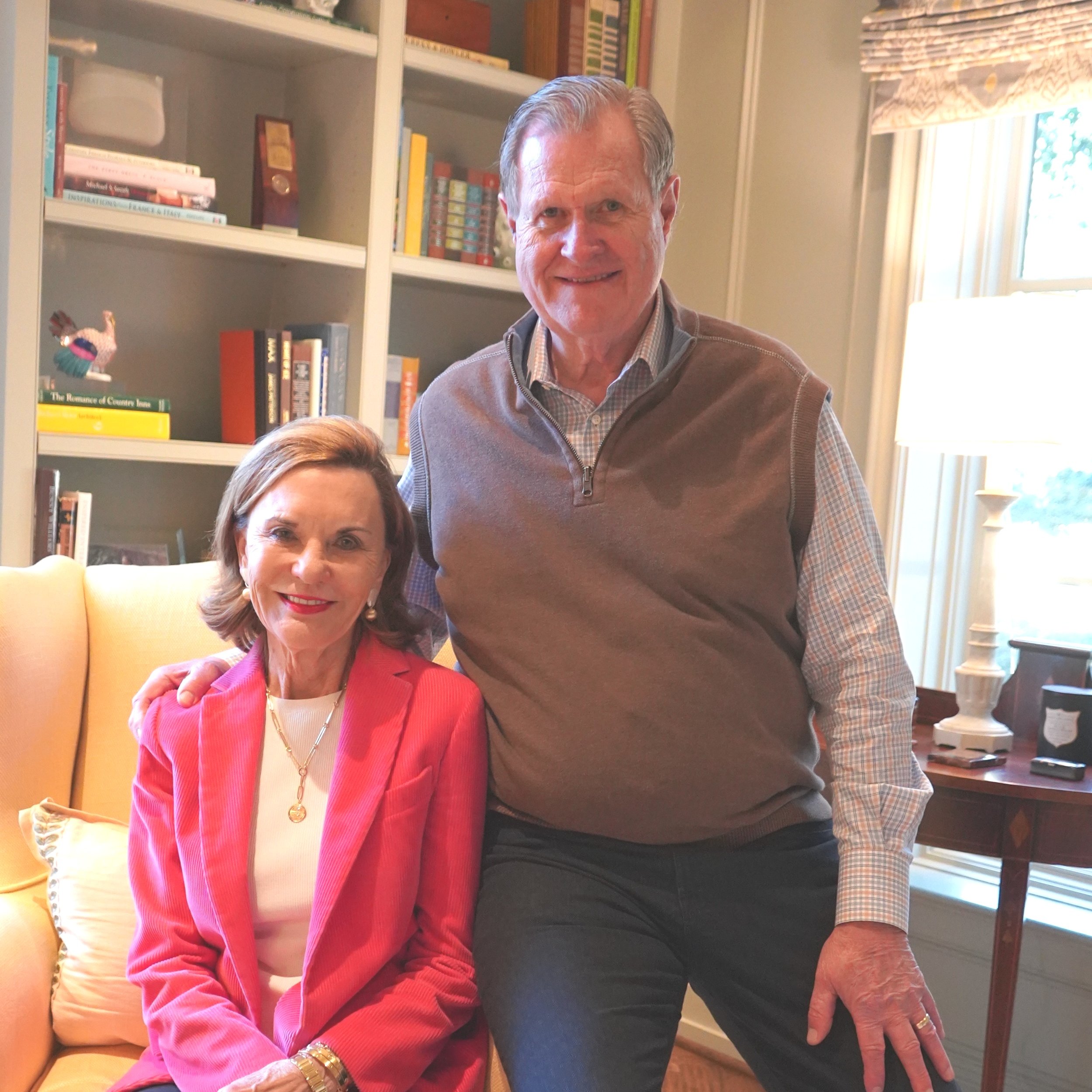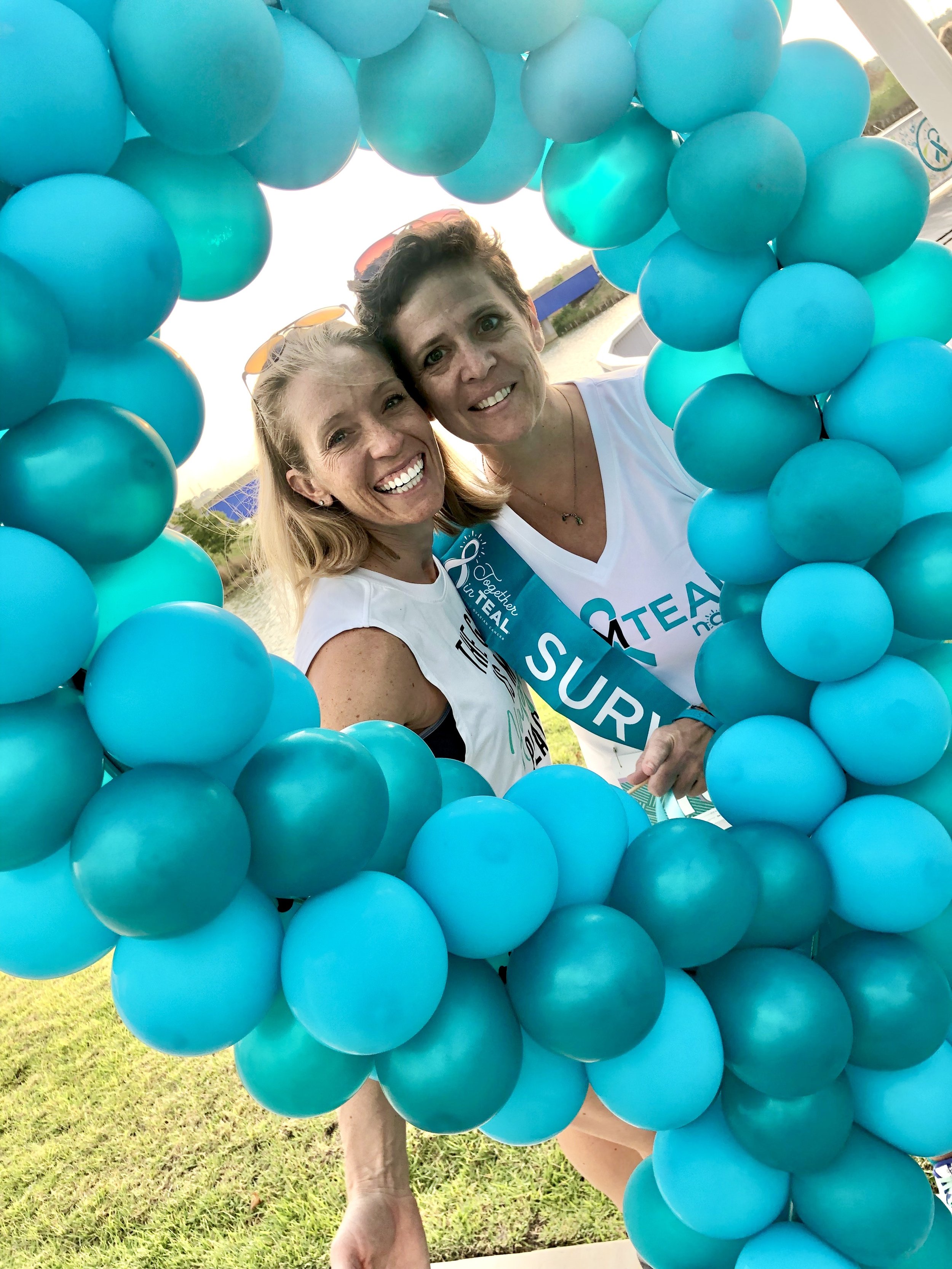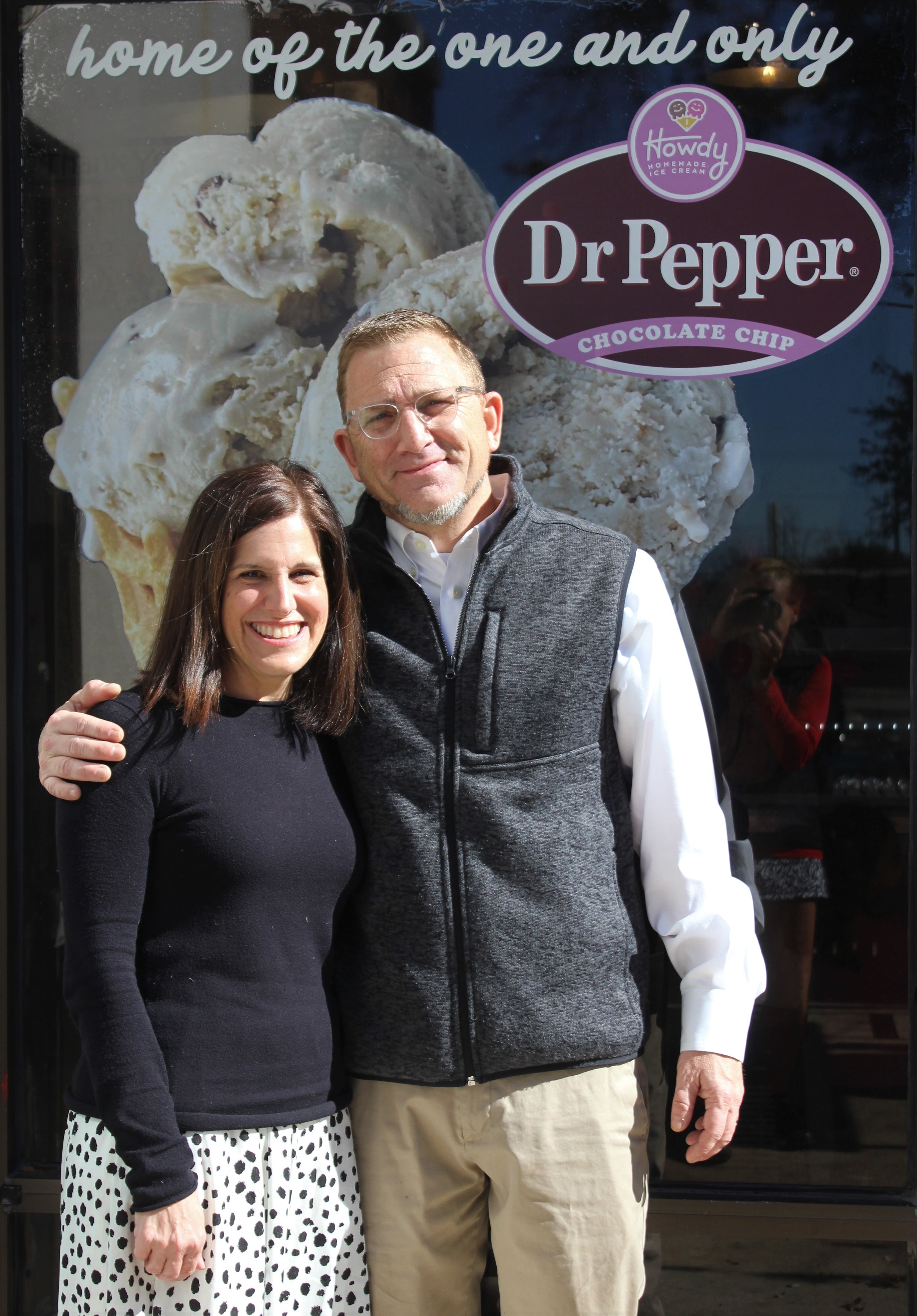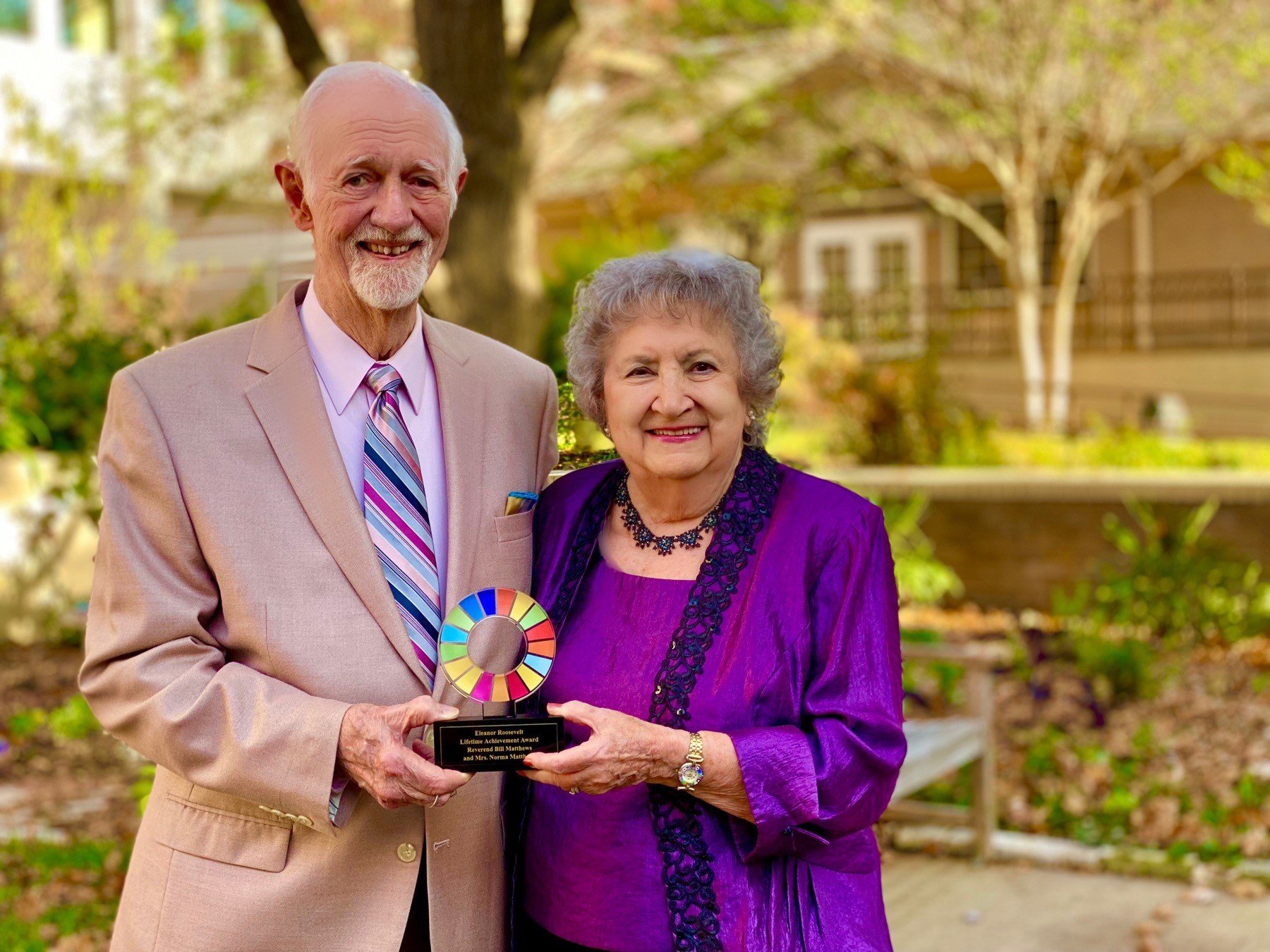Story by Parker Johnson. Photos by Jan Osborn.
While we continue to fight the devastating effects of COVID-19, a silent pandemic has been raging in the background. Over the past six months, the rate of individuals suffering from substance use disorder in America has skyrocketed. This rise in numbers is no more true than in cities like Dallas, where organizations are seeing a massive spike in people seeking services for substance use disorder and addiction. When dealing with addiction, there is no one more qualified than Joe Powell. Joe spent much of his life battling addiction and now wants to help those suffering from addiction gain the support they need. Through Associated Persons Affected by Addiction, or APAA, Joe is spreading awareness of the hardships of addiction. APAA is also providing services to help people combat and overcome addiction.
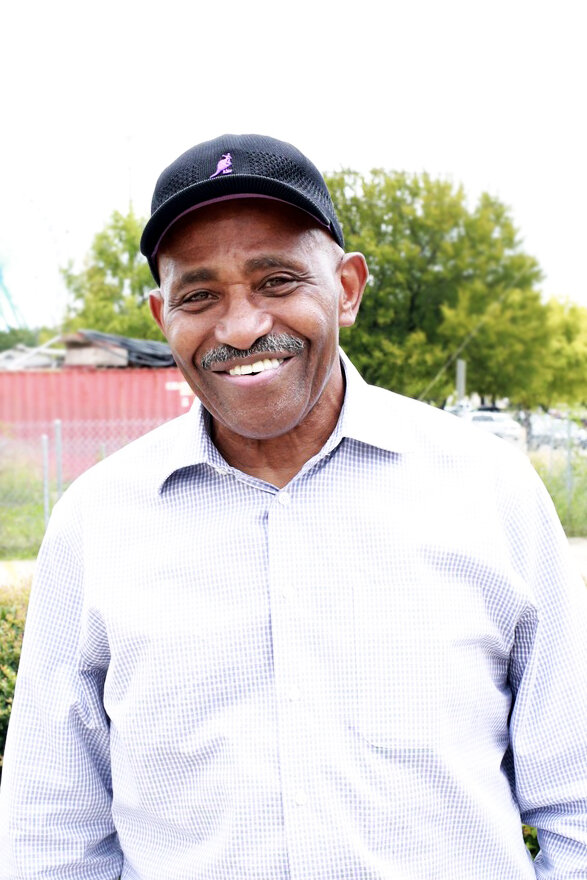
From an early age, Joe Powell was surrounded by a world of addiction. “I was born and grew up in Harlem, New York. My parents had eight kids, seven boys, and one girl,” says Joe. “We were all entertainers. I remember tap dancing with Frank Sinatra, Sammy Davis Jr, and The Jackson 5. I was on television at the age of four years old. There was a show on CBS called the Ted Mack Amateur Hour. Of course, in the entertainment field, there is a lot of alcohol and drugs. My dad would perform his entire act drunk. Having a father who was an alcoholic and dealing with that kind of trauma in our household affected me. At ten years old, while working at a nightclub, I decided to see what all this noise about alcohol and drugs was about. I picked up my first drink and went under a table at the nightclub. That started my journey with alcoholism and addiction to drugs. By the time I was in high school, I would use any drug I could get my hands on.”
Through the next several years, Joe faced the many challenges that come with drug and alcohol use. It wasn’t until he was serving in the military during Vietnam that he sought out help for his addiction. “In 1970, I decided that I was going to join the military and serve in Vietnam. I heard on the news that the people of Vietnam were dying of heroin overdoses. At that point in my life, I was on a suicide mission. I told myself I was either going to die from the heroin or die from a bullet. However, towards the end of my service, I entered into treatment for my addiction, and I even got an honorable discharge from the military.”
In 1973 with the help and guidance he received from treatment in the military, Joe decided to move from Harlem to Waco, Texas. “I got into a program where they said we will take you to Waco, and you can take up any trade you want. At the time, I knew I had to get out of Harlem. There was nothing good happening in Harlem. I decided that I was going to detox on the Greyhound bus from New York City to Waco. Since that bus ride, I have not used a single opioid.”
Joe spent several years working for HVAC companies after attending Texas State Technical Institute for Air Conditioning and Refrigeration. It wasn’t until 1980 that Joe fully embraced the addiction recovery community. “Even though I hadn’t used drugs since 1973, I was still heavily into drinking. In 1980 I had some friends that took me to an AA meeting. This meeting opened up a whole new world for me. I did not know that people even got sober. It was during this meeting that I met Dr. Louis Deere. With the help of Dr. Deere, I got sober in 1988. Dr. Deere also encouraged me to go back to school, where I became a licensed chemical dependency counselor in 1990,” explains Joe.
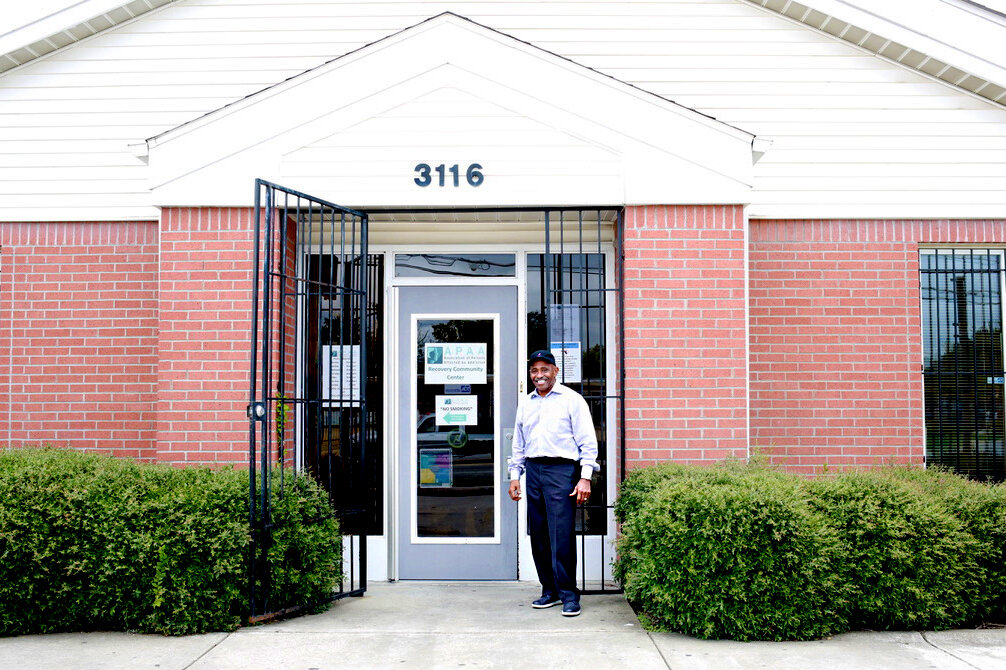
In 1998 the US government issued the first grants that allowed organizations like Associated Persons Affected by Addiction to form. “In 1998, Dr. H. Westley Clark, Director of the Center of Substance Abuse Treatment with SAMHSA, found out that only 10% of those suffering from addiction sought treatment. Dr. Clarke wondered why organizations were not utilizing those that had suffered from addiction to help build programs and spread awareness to encourage recovery. We were never asked to come to the table, and it is because of Dr. Clarke we were brought to the table.”
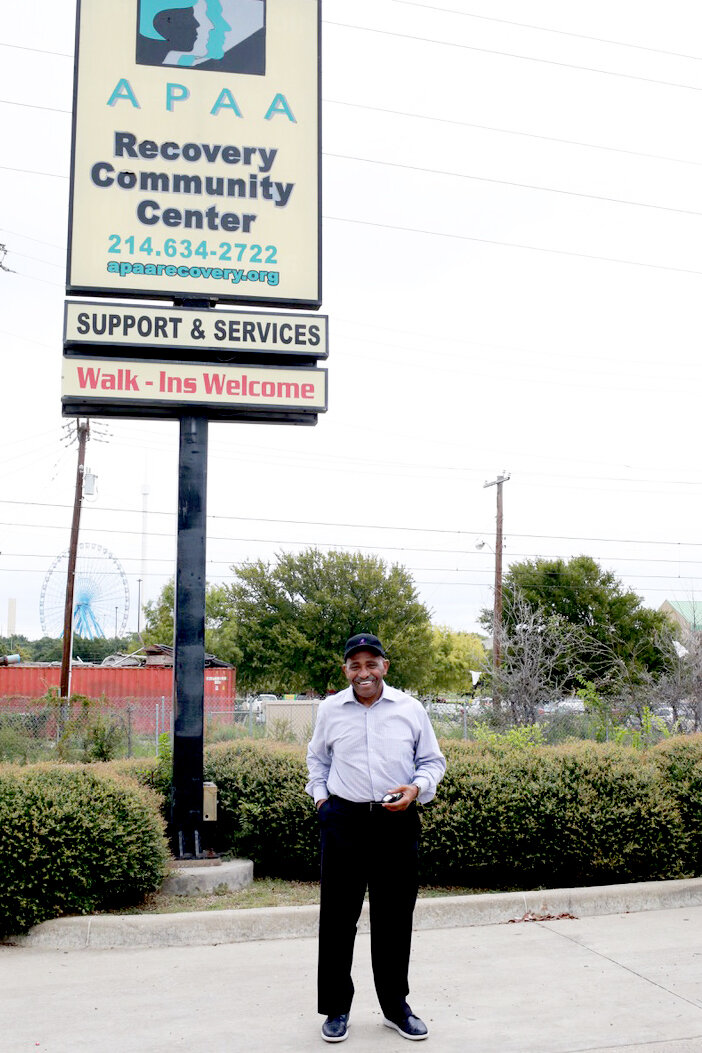
In 1998, by the government’s request, Joe, alongside fifteen others, were brought together to form APAA. “During the early days of APAA, we were strictly an advocate and education organization. Our goal was to teach the community that recovery is an option for addiction,” says Joe. “Still today, I often tell the community that we don’t promote recovery enough.”
In 2002, APAA expanded its reach to offer recovery support services alongside their advocate and education programs. Joe explains, “It wasn’t until we got the second round of grants in 2002 and 2003 that SAMHSA requested we add recovery support services.”
With the funding from SAMHSA and support from federal and local governments, APAA is a pillar of the Dallas community. Through their peer certification program, people can now be certified as a peer recovery coach. With this certification, Joe Powell, alongside APAA, has taught the community that there is an end to addiction and recovery is possible. “I still believe today our mission is to educate every corner of the community that addiction is a problem and recovery is the solution. People only want to see the bad when it comes to addiction, but we need to show them that recovery is possible.”
Organizations like APAA rely on their local community to help them provide vital services and education to those who need it. To learn more about APPA and how you can support their work by donating or volunteering your time, visit apaarecover.org.
Featured
Featured
When Kathy and Larry Helm heard about The Senior Source’s 60th Birthday Diamond Dance-Off, they knew they had to put on their dancing shoes! For the Helms, this event combined two of their passions into one. Celebrating and supporting The Senior Source, a Dallas-area nonprofit that has been serving older adults for 60 years, and dancing together, which they have been doing since they were high school sweethearts. Both Kathy and Larry have chaired the board of directors of The Senior Source and have been proud supporters since 1998. It seemed only fitting they should be voted into the finals to dance on stage at Klyde Warren Park this past summer.
In 2020, more than 912,000 women were diagnosed with some form of cancer in the United States alone. During that same pandemic year, countless medical appointments were canceled while people were social distancing, and yet still each day nearly 2,500 women heard the news, “you have cancer.” There is no doubt that these words can be crushing to hear, but what’s equally crushing is the lack of tangible, encouraging support that exists to help women feel beautiful, strong or “normal” before, during and after cancer treatment.
When Tom Landis opened the doors to Howdy Homemade in 2015, he didn’t have a business plan. He had a people plan. And by creating a space where teens and adults with disabilities can find meaningful employment, he is impacting lives throughout our community and challenging business leaders to become more inclusive in their hiring practices.
Have you ever met someone with great energy and just inspired you to be a better you? Nitashia Johnson is a creator who believes by showing the love and beauty in the world it will be contagious and make an impact. She is an encourager and knows what “never give up” means. Nitashia is a multimedia artist who works in photography, video, visual arts and graphic design. Her spirit for art and teaching is abundant and the city of Dallas is fortunate to have her in the community.
The United Nations Association Dallas Chapter (DUNA) honored Rev. Bill and Norma Matthews for their ongoing commitment, helping advance the United Nations Sustainable Development Goals agenda by promoting peace and well-being.
